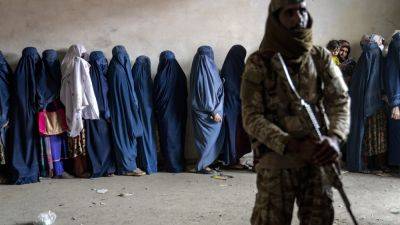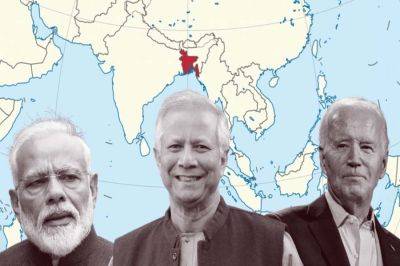Writing in the time of autocracy
September 25, 2024
DHAKA – For a long time, I remained largely detached from the events in Bangladesh as I was focused on my academic pursuits. I didn’t worry much about the political fallout at the local and national levels or what was happening on the streets or in the corridors of power. I was mainly a man of the classroom and maintained an apolitical stance in my academic work. I wrote and published works related to my research interests. I thought then—as I do now—that by producing academic work, I would hopefully make lasting contributions to my field of knowledge which would benefit generations of learners.
At one point, I received casual and seemingly innocuous comments from some of my friends and acquaintances. Referring to the situations in Bangladesh, they expressed doubts about the efficacy of producing scholarly work that does not give meaning, or is not sensitive, to la condition humaine. What they said amounts to this: long-term academic work may have its own value, but how can an academic remain indifferent to the pain of tens of millions of their compatriots under a brutal regime? Or how could we not raise concerns when massive corruption plagued all state machineries? Or how long could we remain silent when our country was being plundered and large sums of our money syphoned off to foreign shores by an autocratic government and its cronies?
For a while, I quietened such whisperings of conscience and continued focusing on my armchair intellectual work which was largely disconnected from the immediate here and now. But my subconscious mind continued speaking to me and sending me messages.
As I visited Bangladesh or spoke with the people of the country and its diasporas, it was obvious that something went







